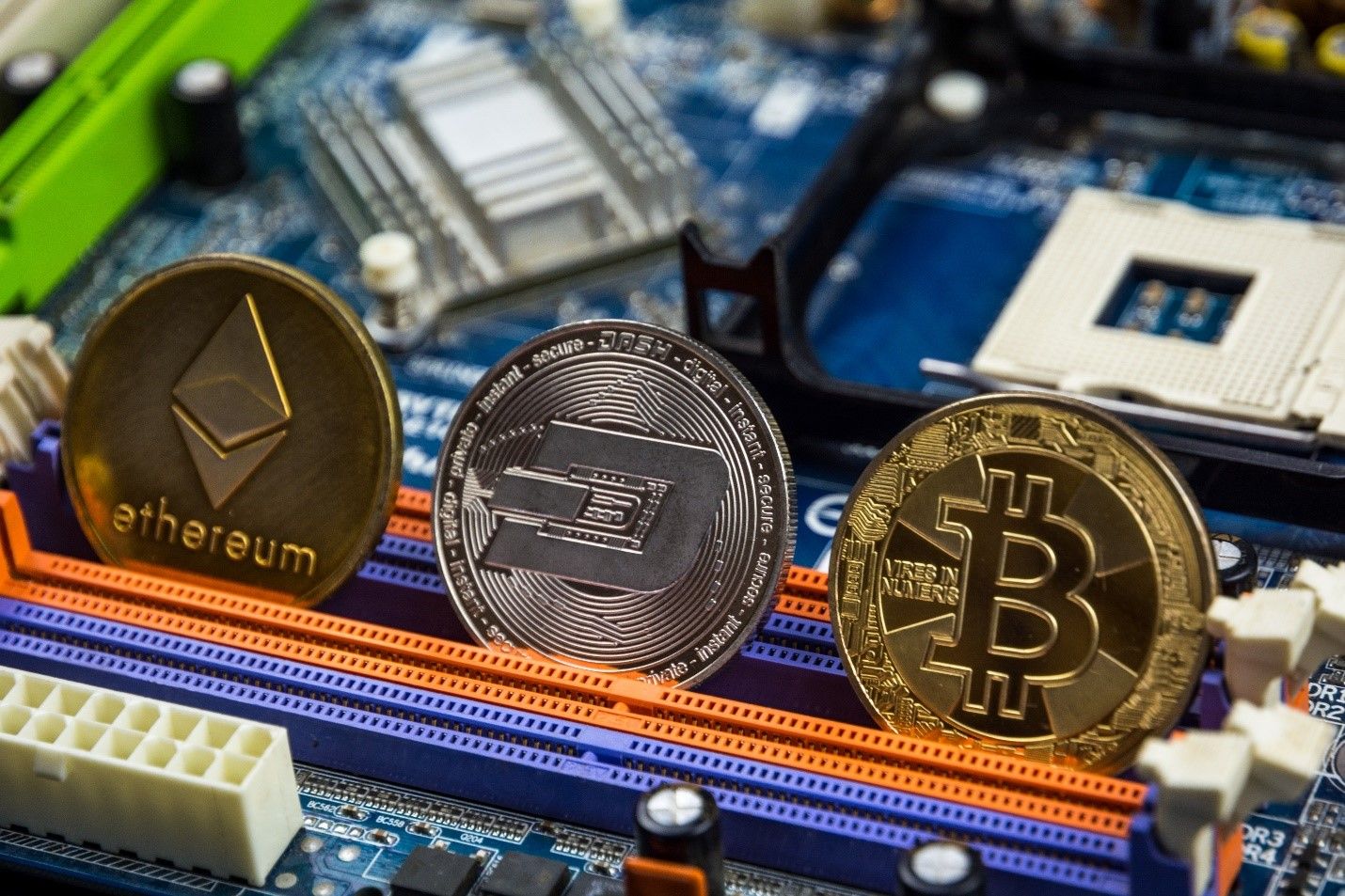Following the ban on cryptocurrency transactions in China by The People’s Bank of China, the government is rolling out its sovereign digital currency, which has been in development for years. The digital yuan is viewed as a rival for unregulated cryptocurrencies. So, what’s the deal with this virtual currency?
The Digital Yuan
Like other countries, China is exploring the possibility of having its own digital currency, known as the digital yuan. Because of this, the government has taken stringent measures against other private crypto players.
Having banned crypto trading in 2013 and 2017, the country recently issued its strongest stance yet against non-government issued currencies. The government has also prohibited financial institutions and payment companies from providing services related to cryptocurrency transactions.
Analysts say China also sees cryptocurrencies as a threat to its sovereign digital yuan, which is at an advanced pilot stage.
Initially envisioned in 2014, the country has already distributed about $30 million in digital currency. Additionally, the People’s Bank of China has been launching trial projects in large cities to develop a digital yuan payments system in recent months. On top of cryptocurrency, this project is targeting the dominance of the privately-owned WeChat and Alipay.
The digital yuan will give Beijing power to track spending in real-time, including money that isn’t linked to the dollar-dominated global financial system.
What are other countries doing?
China is not the only economy developing a central bank digital currency, even though China is far ahead of other nations.
So far, about 80 countries are exploring, and five countries have adopted a national digital currency. Nigeria’s CBN has developed the eNaira to serve as both a medium of exchange and payment method. The Eastern Caribbean Central Bank has also created its own form of digital currency, “DCash,” meant to help speed transactions and serve people with no bank accounts.
Some European countries are also developing a central bank digital currency (CBDC), D-Euro. The European Central Bank wants to complement the existing monetary system rather than replace physical cash with this digital wallet. On the other hand, the U.S. is still carrying out research on the benefits and drawbacks of having a digital dollar.
Summary
This ban on cryptocurrency trading by the Chinese government is a strategy to push for the digital yuan. While there’s no clear timeline on when this virtual currency will be rolled out, it will usher in a new era in China’s financial industry. With the government’s support, it could highly affect the current mobile payment systems and financial institutions.













